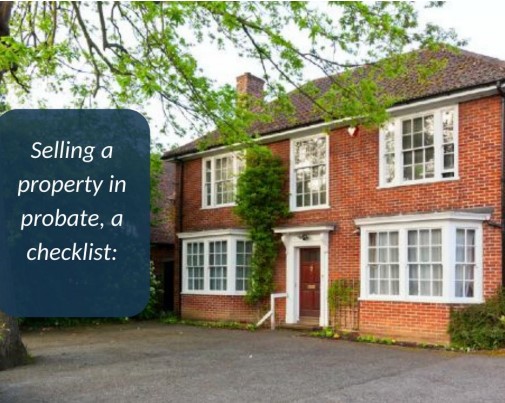How Universal Credit is fuelling the UK housing crisis
As Universal Credit continues to bring misery into the lives of many people who are unable to work, industry experts are realising that its implementation is forcing cash-strapped councils to abandon plans for new-build homes.
When Iain Duncan Smith introduced the idea of Universal Credit almost ten years ago, the idea was to simplify and streamline the way that benefits were provided for those out of work or on low income. This meant that instead of housing benefit; child tax credit; income support; working tax credit; income-based jobseeker’s allowance and income-related employment support allowance would be consolidated into a single sum that is paid to an individual every month.
Unfortunately, the implementation of the new system left much to be desired in terms of fairness and efficiency and the related costs ballooned from £2bn to over £12bn. In 2013, the first recipients of Universal Credit began to receive their financial support, and immediately, there appeared to be massive issues with it.
As more claimants joined the new system, those who had previously been able to support themselves on benefits saw their monthly payments slashed to untenable levels, while others failed to qualify at all.
As time passed, more and more stories emerged regarding the effect of Universal Credit on those unable to work – and more often than not, those stories were utterly heart-breaking.
In 2017, mother-of-four Elaine Morrall was found dead in her freezing flat after her Universal Credit was cancelled simply for not attending a meeting due to illness. Just prior to Christmas 2018, dad-of-three Kevin Dooley took his own life after being told that he was well enough to work and would no longer receive any form of benefits – despite being chronically ill with chronic obstructive pulmonary disease.
In total, more than 17,000 sick or disabled people have died since the introduction of Universal Credit, and there have been over 150,000 extra deaths due to – as a study in 2017 labelled it – “economic murder”, with over 90 people dying a month after being declared ‘fit to work’ despite being unable to do so. And now, it looks as if the knock-on effects have reached the property industry.
As fewer people are getting the housing support they need, councils are receiving less money from individuals in rented council houses. Worringly, those who are receiving Universal Credit have, on average, double the rent arrears of someone who is still receiving housing benefit, and two out of three Universal Credit claimants are unable to pay their rent on time.
The shortfall endured by councils around the country has led to a shortage of new-build homes as there are not enough funds for construction to be completed, forcing rent costs up and preventing potential home buyers from buying even a low value home.
“We need to build a lot more new genuinely affordable housing, particularly council housing – and that’s harder if councils are getting less money into their housing account because rent arrears are higher,” said Richard Watts of the Local Government Association.
“This will hit the number of new council homes being built across the country at a time when we desperately need more genuinely affordable housing.”
The greatest issue for the housing industry is that if new homes are not being built, then sold house prices for existing properties will continue to rise, forcing many less wealthy people to endure a lifetime of renting instead of owning. Furthermore, with fewer buyers in the market, selling a home is likely to become more difficult – especially if you want to sell your house fast.
While the full implementation of Universal Credit is not due until 2023 (six years later than the original schedule stated) it has, so far, become a farcical attempt to solve a problem that did not need solving in the first place.
Hoping to sell your home fast? Why not ask National Homebuyers for advice, as we buy any house. Call 08000 443 911 or request a call back to find out how much you could get for your property.






